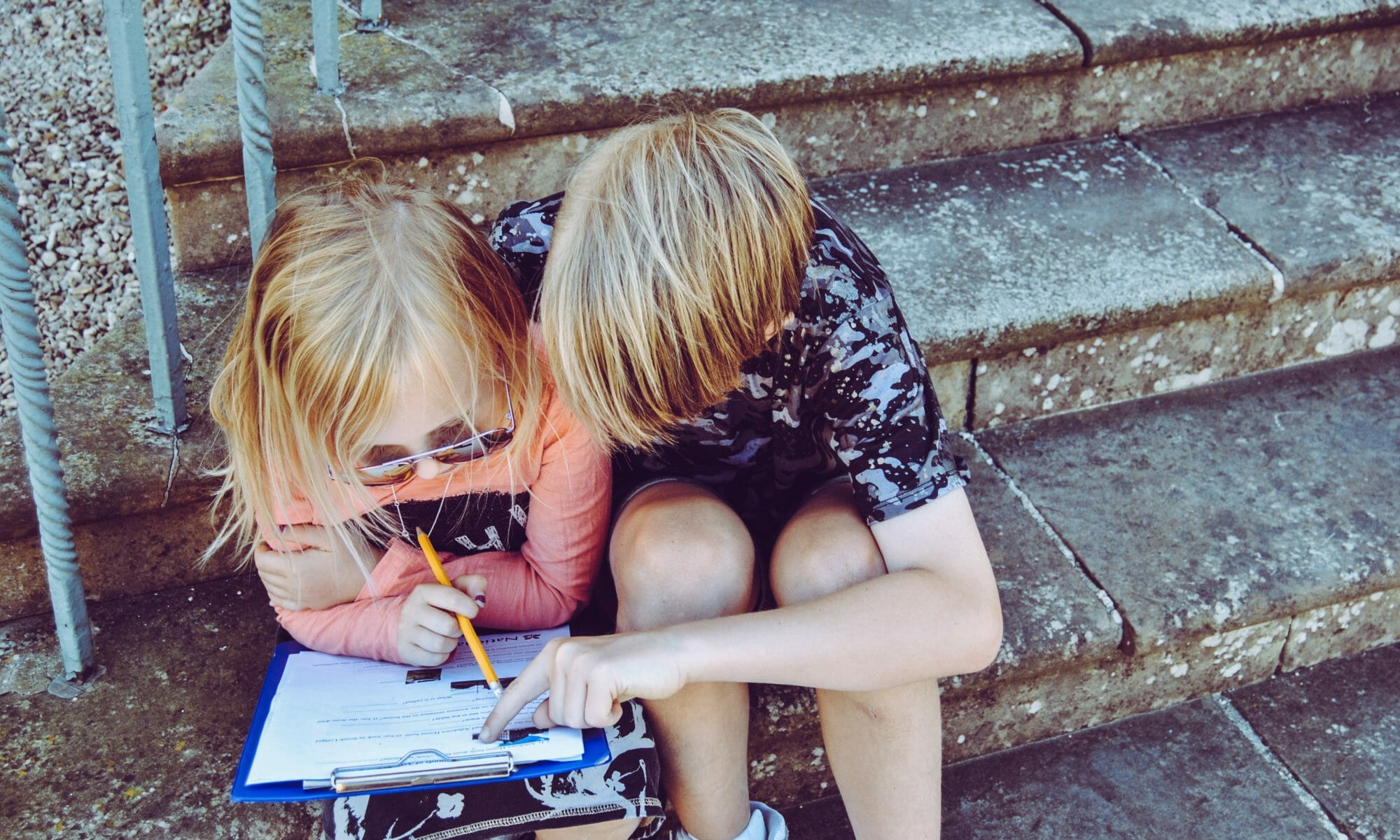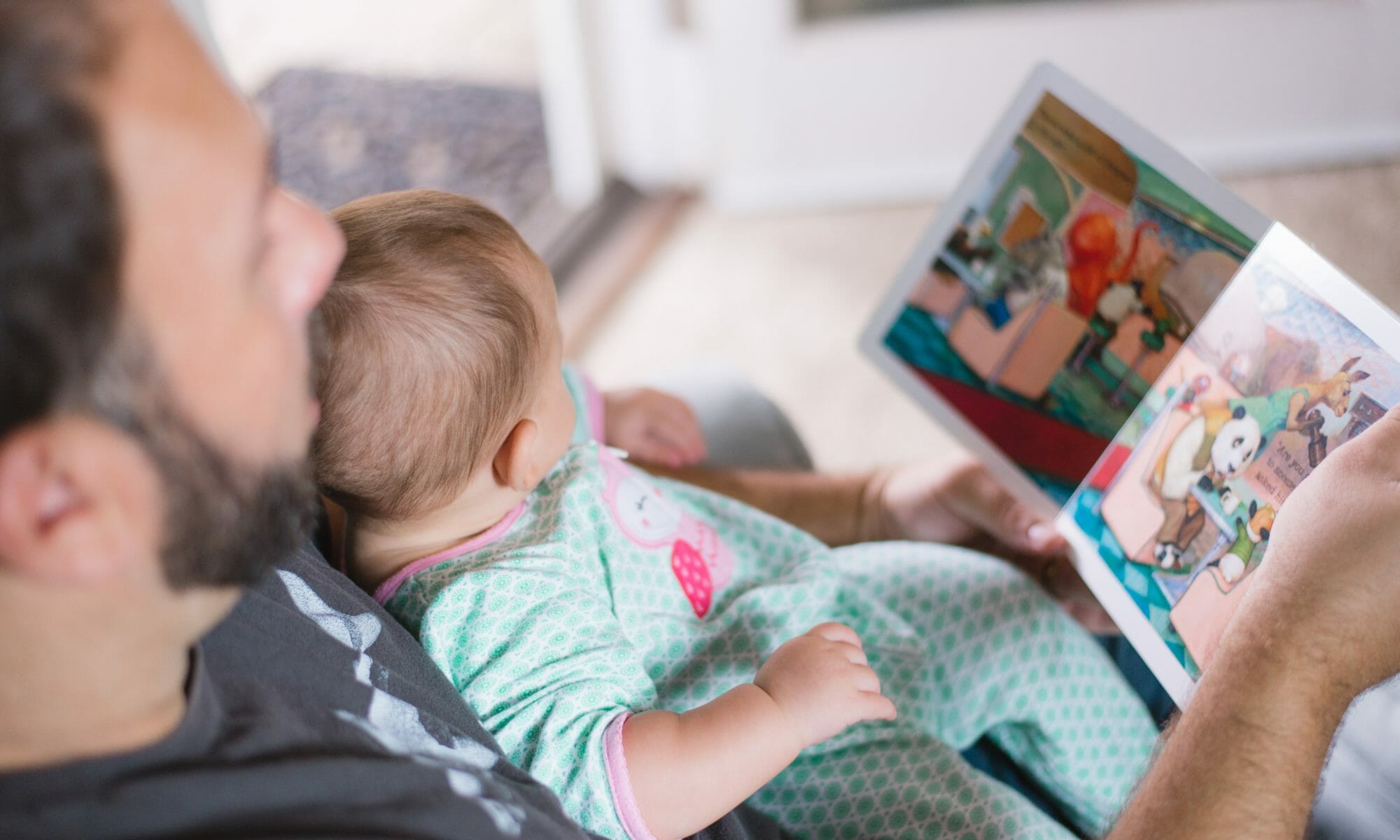Preteens, or tweens, go through a lot of changes both physically and emotionally. Puberty can make their moods swing, and many tweens are busy with school, sports, and chores. With 1 in 8 kids facing anxiety, it’s clear that these years can be tough. As a parent, it’s important to talk to your preteen with care and understanding. Here are some easy tips and strategies to help you talk about stressful situations with your preteen.
Ask, Don’t Assume
As parents, we sometimes believe we know our preteens better than they know themselves. However, it’s essential to approach conversations without assumptions. Engage your preteen with open-ended questions that encourage them to express their thoughts and feelings. Listen attentively and avoid interrupting or invalidating their experiences.
Common Assumptions to Avoid
- “I know you’ve been stressed lately.”
- “All kids your age want a boyfriend or girlfriend, so I know you like someone.”
- “If I walk upstairs right now, I’m sure I’ll find your bed unmade and your clothes everywhere.”
- “I know you probably hate me right now, but…”
These statements can make your preteen feel misunderstood and judged. Instead, try starting sentences with “I feel” and focus on their individual experiences. This approach fosters a judgment-free environment where your preteen feels safe to share.
Suggestions for you: Ask questions such as “How have you been feeling lately?” or “Is there something on your mind you’d like to talk about?” rather than making assumptions. This helps your preteen share without feeling pressured.
Choose the Right Time
When talking about stress, timing is very important. Family meals might seem like a good time, but your preteen might not feel comfortable sharing in front of everyone. It’s usually best to keep meal times for light conversations and choose other times for deeper talks.
Ideal Times to Talk:
- Before bed, when your preteen is winding down.
- During car rides to school or activities.
- While engaging in a shared activity, like grabbing ice cream or taking a walk.
You can ask your preteen when they feel most comfortable talking and plan accordingly. This shows respect for their preferences and helps create a supportive atmosphere.
I advise you to create a regular one-on-one time with your preteen. This could be a weekly outing or a nightly chat before bed. Consistency helps build trust and makes it easier for them to open up.
Offer Potential Solutions Cautiously
Sometimes, your preteen may just need a listening ear. Other times, they might be looking for guidance. Offer solutions cautiously and ensure they’re open to receiving advice. For example, peer pressure, low self-esteem, academic stress, or a big move can be overwhelming for a child.
Techniques that will help your child handle stress:
Ask First: Instead of jumping in with advice, ask, “Would you like some ideas on how to handle this?” This shows you respect their independence.
Provide Tools: Leave helpful items like a journal, a stress ball, or a relaxation app in their room. These can help them manage stress on their own.
Teach Coping Techniques: Show them how to do yoga, deep breathing exercises, or visualizations. These can be really effective for managing stress.
Deal with Specific Stressors: If your preteen is facing issues like bullying or friendship problems, take action. For instance, talk to school officials about bullying or help your child navigate friendship conflicts.
Encourage Open Communication
Talking with your preteen is very important. Let them know you are always there to listen without judging them, and encourage them to talk about their thoughts and feelings regularly, not just when they are upset. Be friendly and show real interest in their daily life, and accept their emotions even if you don’t fully get it by saying things like, “I can see this is really important to you.” Sharing your own problems can help them feel less alone and more understood.
You can make a “worry box” where your preteen can drop notes about their worries; and take a look at these notes together at a set time each week, giving them a special space to share their concerns
Be Patient and Understanding
When your preteen is stressed, it’s important to be patient and understanding. Their feelings are real, even if they seem small to you. Show them that you care and support them during these tough times.
To show patience, listen closely and give them your full attention when they talk. Stay calm and don’t overreact, even if their problems seem minor. Respect their need for space; sometimes they may want to be alone to sort out their feelings.
The goal is to create a safe and supportive environment where your preteen feels comfortable sharing their thoughts and feelings. I believe, by following all these tips, you can build a stronger, more understanding relationship with your preteen and help them thrive during these challenging years.
For more personalized advice and strategies that fit your family’s unique needs, feel free to contact 2houses team or schedule a consultation. Your journey to better communication and understanding with your preteen starts here.










